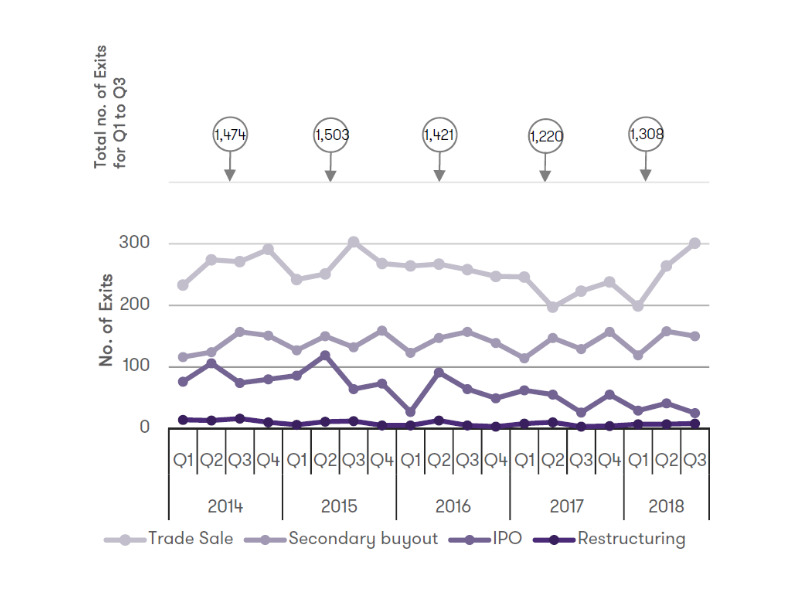Latest articles
Report
Grant Thornton’s latest SPA Research Report 2022: Undertaken by Hong Kong Listed Companies in 2021 Down 26% amid the Pandemic, with Business Acquisitions and Disposals Declining against a Slight Incre
2022-06-01 13:51:57
More information


 Download Asia Private Equity Insights 2019
Download Asia Private Equity Insights 2019 










